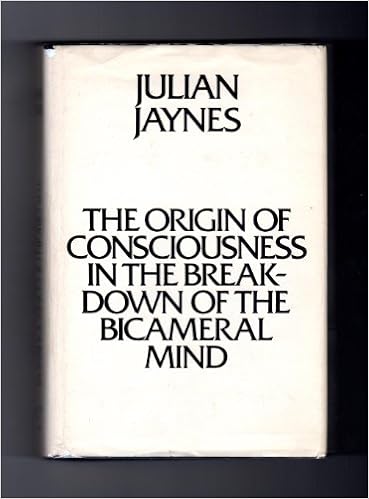

About 18 months ago I reviewed James Goss' novelisation of City of Death, Douglas Adams' Fourth Doctor / Romana story set in Paris. It had never featured in the Target Books line of adaptations, because Adams would not consent to anyone else turning it into a novel, and the BBC wasn't prepared to pay him anything like his going rate to do so. In the end, Goss did what I felt was a pretty good job of capturing Adams' style, and the result worked very well as a stand-alone book, even if it did have to try to deal with some of the stranger aspects of the plot.
Douglas Adams wrote two other Who scripts. Shada famously fell victim during production to an industrial dispute, although a cobbled-together version exists (I've not seen it). The Pirate Planet, by contrast, is well-remembered for its audacious central conceit and for Tom Baker and Bruce Purchase (as the Captain) engaging in what TV Tropes refers to as Ham-to-Ham Combat.
Well, Goss evidently did a good enough job with City of Death to get the gig of adapting The Pirate Planet, and as he explains in his afterword he was able to visit the Douglas Adams archive at St John's College, Cambridge, which turned out to hold not just the original draft script but also an earlier story treatment by Adams that much of The Pirate Planet drew upon. Goss' novelisation is based to a substantial extent on these, and so whilst it is very recognisably the story we saw on television it is fleshed out and sometimes unfolds a little differently. In some respects this is because the page doesn't suffer the budget limitations of the 1970s BBC, so for example scenes set in Zanak's main city actually feel as if they're in a crowded metropolis where it periodically rains diamonds rather than one small set with half a dozen extras and a few fake gems scattered on the floor. Another scene extensively rewrites and expands the third-episode cliffhanger to give a very different explanation of how it was resolved that gives far more agency to Romana.
Adams wrote The Pirate Planet shortly after writing The Hitchhikers Guide to the Galaxy and even on watching the TV series the similarities come across. Goss turns this up even further for his novelisation, adding point-of-view scenes in which characters - notably the long-suffering Mr Fibuli - reflect on the absurdly comic horror around them in a very HHGTTG style.
Goss' novelisation came out last Friday; I downloaded the Kindle version and started reading. Even though I knew how the story turned out, the combination of Goss' respectful pastiche of Adams' style and the new elements of plot was captivating enough that I finished that evening. I promptly wanted to remind myself of the original series so S and I bought it on iTunes and watched it last night. Even with the constrained budget and limited special effects, it still works very well, and the playoff between Mary Tamm (as keen young - for a Time Lord - graduate Romana) and Tom Baker is delightful. On reflection, that order was probably best, as it meant I read the book with only vague images of the TV episodes in my head and so my imagination was unconstrained by some of the more painfully low-budget aspects of them. (As the BBC's own archive page on the story admits, the Mentiads spend a lot of time marching across fields to get from A to B in a rather Pythonesque manner).





